Patient Education
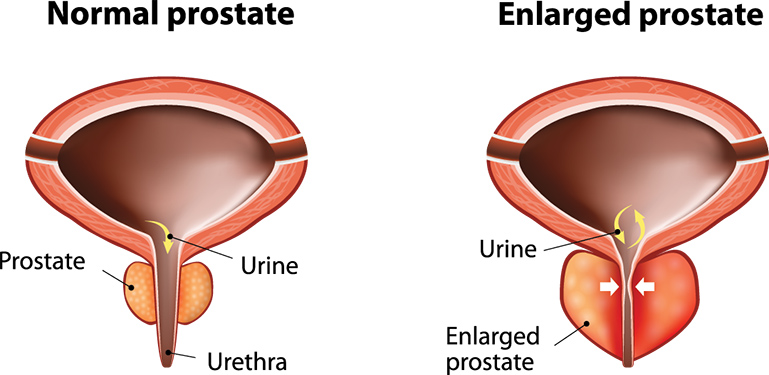
Latest Treatment for BPH
Benign prostatic hyperplasia (BPH) is an enlarged prostate. It is the non cancerous enlargement of the prostate that occurs as a man ages. The prostate grows to its normal adult size in male’s early 20’s and then enters into a second growth phase in a male’s mid 40’s.
Learn More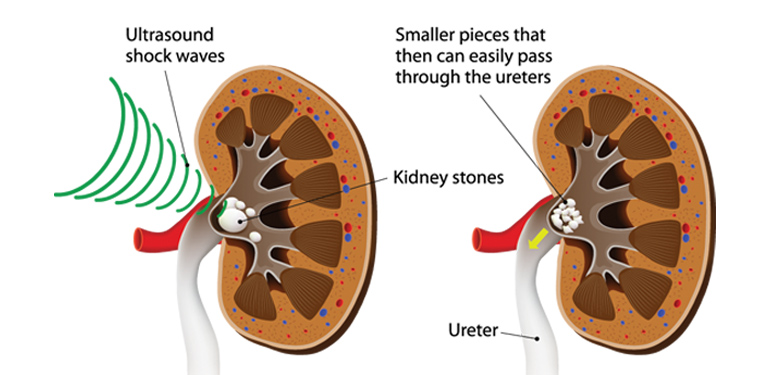
Kidney Stones
Kidney stones are one of the most painful disorders to afflict humans. This ancient health problem has tormented people throughout history. Scientists have even found evidence of kidney stones in an Egyptian mummy estimated to be more than 7,000 years old.
Learn More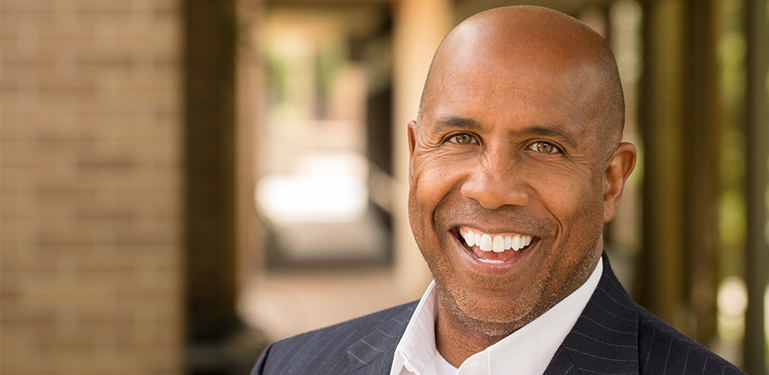
Erectile Dysfunction
Erectile Dysfunction (ED) is the persistent inability to achieve or maintain an erection firm enough to have sexual activity. Approximately 1 in 5 American men > 20 years old suffer from ED. Some men may have difficulty achieving erection time to time, but when this happens more than half the time, then ED is present.
Learn More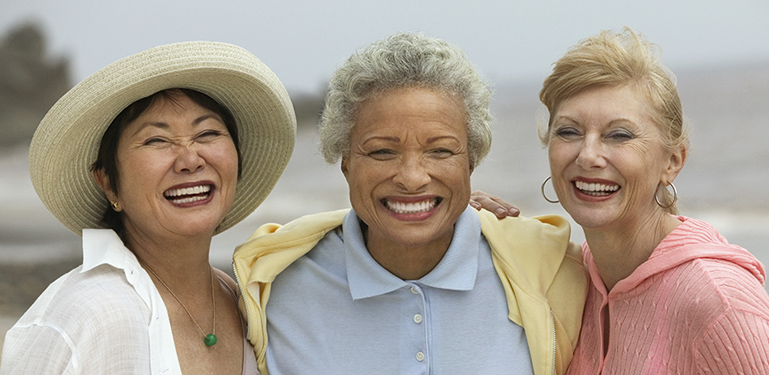
Overactive Bladder
Overactive bladder (OAB) is the sudden and urgent need to urinate. It is often characterized by the inability to get to the bathroom in time to urinate. Involuntary leakage of urine can occur. Having to wake from sleep to go to the bathroom during the night may be another symptom of OAB.
Learn More
Vasectomy
Vasectomy is a surgical procedure for male sterilization and/or permanent contraception. The procedure works to block sperm from reaching the semen that is ejaculated from the penis. A vasectomy prevents pregnancy better than any other method of birth control, except abstinence.
Learn More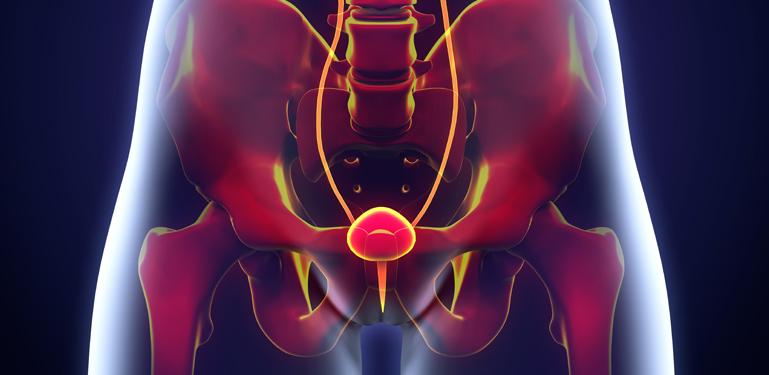
Oncology
We offer advanced cancer care for a variety of urologic cancers. Our expertise in both surgical and non-surgical management provides our patients with several options to choose.
Learn More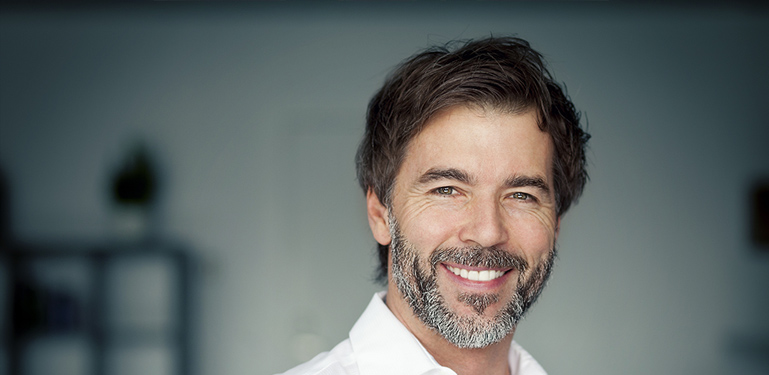
Low Testosterone
As men age testosterone levels can decrease, this is called hypogonadism or low-T.Symptoms of low testosterone include loss of libido, lack of energy, loss of muscle mass, erectile dysfunction and depression. A man's testosterone level normally decreases with age.
Learn More
Incontinence
Incontinence is defined as the involuntary leakage of urine from the bladder. It can affect both men and women of any age group but is more common in women and the elderly. Urinary incontinence is not just a medical problem. It can affect emotional, psychological and social life.
Learn More